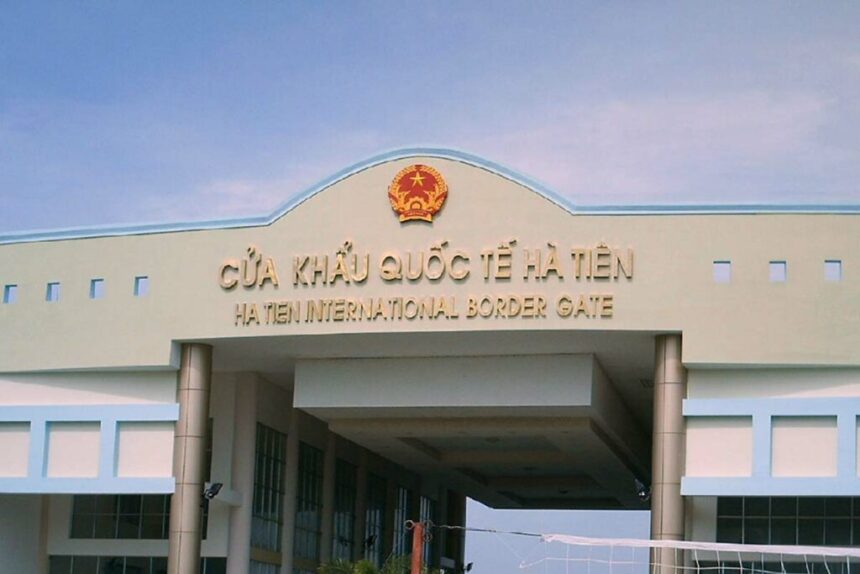Early 2023 saw only 200 crossing the Thai-Cambodian border at Daung Checkpoint in Battambang Province of Cambodia every day; this marked an abrupt difference from two years earlier, when thousands of migrant workers passed through in one day alone.
Impact of COVID-19 on Border Crossings
The COVID-19 pandemic and its Delta variant triggered border closures and intensified migration flows back into Cambodia from Southeast Asian nations, prompting numerous people to return. Kou Poravuth, a 43-year-old border official at Daung checkpoint, recalls one memorable day when 600 migrants showed up unexpectedly, forcing them to spend the night sleeping outside or in tents due to quarantine restrictions at this tense border checkpoint.
Scaling Up Operations to Meet the Challenge
Due to the elevated risks posed by the Delta variant, rapid scaling up of operations was required across an 800 km border stretch with Thailand to protect returnees’ health and prevent large-scale community transmission, which threatened local healthcare systems.
United Nations Joint Program Support
Under a UN Joint Programme funded by Japan, several UN Agencies joined together in support of Cambodia. Collaboration included:
- World Health Organization (WHO)
- International Organization for Migration (IOM)
- UN Population Fund
- United Nations Children’s Fund (UNICEF)
These organizations joined forces to strengthen health security in Banteay Meanchey, Battambang, and Oddar Meanchey border provinces.
On the Ground: Experiences from a Border Official
Chhoeub Yeurt, 29, began working as a border official at Boeung Trakuon in Banteay Meanchey Province. Her new position proved both challenging and fulfilling, providing opportunities to expand her professional skill set and build confidence for emergency situations.
Training and Capacity Building Solutions for Effective Decision-Making
WHO collaborated closely with the Ministry of Health and provincial health departments in training health staff working in quarantine center offices as well as staff located near borders or quarantine zones. Training covered various aspects, such as:
- Care of COVID-19 patients
- Support of returning migrants whilst assuring humane and dignified treatment
WHO’s assistance included site visits, on-site coaching sessions, Training of Trainers (ToT) sessions, and webinars that reinforced cooperation across sectors.
Her Excellency Chou Bun Eng on Cambodia’s Pandemic Response
Her Excellency Chou Bun Eng, Secretary of State in Cambodia’s Ministry of Interior, stressed the significance of Cambodia’s pandemic response program as part of their overall response plan. She highlighted its comprehensive nature, noting its inclusion of:
- Health management at border crossings
- Food, sanitation, clean water, and hygiene measures
- Thermal scans for ethics training purposes
- Standardized quarantine services
- Community livelihood promotion
Long-Term Impact and Future Preparedness
The UN Joint Programme not only provided an immediate response to the COVID-19 pandemic but also strengthened healthcare and border management systems for future emergencies. Staff in each province increased their knowledge and skills related to infection control, and standard procedures were put in place for future outbreaks or emergencies.
Kou Poravuth expressed confidence in his team’s increased capability to manage future health crises, asserting, “Our ability to respond better in future health crises than two years ago will only grow with experience gained and continued support from the Ministry of Health and WHO.”
Cambodia has gained invaluable lessons and experiences during the COVID-19 pandemic that have significantly strengthened its border management abilities through international cooperation and targeted training, better equipping it to face future health emergencies while protecting both its citizens and returning migrants.
